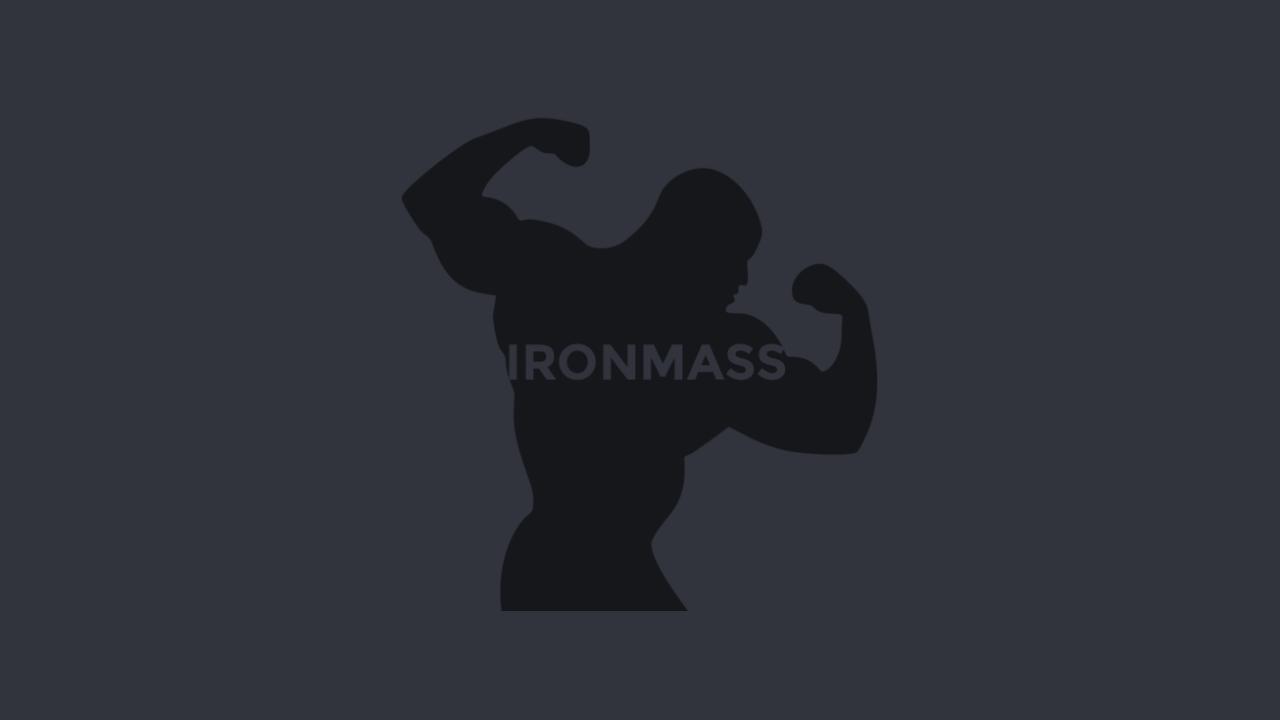There are millions of ways on how to compose good weightlifting workout programs. Some coaches stay true to few basic plans on such training. They simply tweak them to be fit for different skills and experience levels. But we are sticking to quite a different plan. We put our focus on intensity (actual weights) prescriptions for any specific powerlifter. I personally am sure there are times when both approaches are applicable, even within the same workout session…

Is Prescription Working?
There is a basic, first situation when it’s not a good idea to do intensity prescriptions. That’s when the lifter is a newbie. And there are two really simple reasons for that. First is, that such powerlifters either don’t have 1RMs to base the intensity prescriptions on or the 1RMs they have are not correct. The latter reason occurs due to a mix of multiple factors. Such as limited technical ability, limited mobility, poor neurological efficiency, and the weak power of will. Secondly, new powerlifters usually progress very quickly to the next routines of the

Useful Advice
The next situation is in a program in which the trainer wants the powerlifter to workout as intense as possible on any given session. This may mean aspiring to a single maximal or near-maximal set (perhaps with subsequent back-off sets). Then lifter’s hitting a prescribed number of sets of the maximal number of weights per set. In such a situation it’s always better to listen to the coach’s personal guidance. No one except your trainer will be able to intuitively figure out what’s best for your workout routine right now.
Or your coach may be the one who prefers you to go by feel, rather than using any prescription workout weights and intensities. Samuel Hamilton
A third situation includes few factors that can make intensity prescriptions obscure as well. Like when you stumble into specific exercises for which 1RMs don’t exist at all. Maybe you run into exercises for which 1RMs are not possible or not advisable. Also, there can be such a routines, for which 1RMs have not been tested yet. Thus, they are assumed to be incorrect due to that. Or your coach may be the one who prefers you to go by feel, rather than using any prescription workout weights and intensities. In such a coach’s opinion the degree of effort or speed requires the intensity to be determined by gut feeling. As well as by measuring your specific shape, day to day.
Finally, some kinds of workouts are better to have at least some detailed plan laid out. Like, e.g. when the weights should increase over the course of 5 weeks and should be maxed out each time, etc. Exercises like squats, good mornings, stiff legged deadlifts, etc. often fall into this category.



